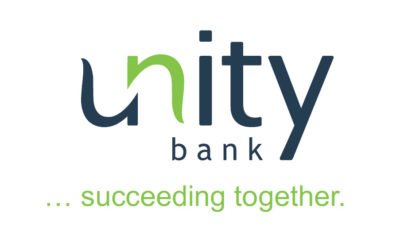Oil prices stabilised on Monday as Libyan oil exports remained halted and following losses at the end of last week on expectations of higher OPEC+ production from October and signs of sluggish Chinese and U.S. demand.
Brent crude oil, against which Nigerian oil is priced, dipped by 6 cents, or 0.08% to close at $76.87 a barrel , while U.S. West Texas Intermediate crude edged up 8 cents, or 0.11% to $73.63.
Monday marked a public holiday in the U.S. market.
On Friday Brent and WTI lost 1.4% and 3.1%, respectively.
Oil exports at major Libyan ports were halted on Monday and production curtailed across the country, six engineers told Reuters, continuing a standoff between rival political factions over control of the central bank and oil revenue.
Libya’s Arabian Gulf Oil Company resumed output of around 120,000 barrels per day (bpd) on Sunday, to feed a power plant at the port of Hariga.
“The current disturbances in Libya’s oil production could provide room for added supply from OPEC+. But these fluctuations have become quite normal over the last few years, meaning any outages will probably be shortlived; with the news flow indicating signals for a restart of production have already been given,” said Bjarne Schieldrop, chief commodity analyst at SEB.
The Organization of the Petroleum Exporting Countries (OPEC) and its allies, together known as OPEC+, is set to proceed with planned increases to oil output from October, six sources from the producer group told Reuters.
Eight OPEC+ members are scheduled to boost output by 180,000 barrels per day (bpd) in October as part of a plan to begin unwinding their most recent supply cuts of 2.2 million bpd while keeping other cuts in place until the end of 2025.
Both Brent and WTI have posted losses for two consecutive months as U.S. and Chinese demand concerns have outweighed recent disruptions in Libya and supply risk related to conflict in the Middle East.
More pessimism about Chinese demand growth surfaced after an official survey showed on Saturday that manufacturing activity sank to a six-month low in August as factory gate prices tumbled and owners struggled for orders.
“The softer-than-expected China PMI released over the weekend heightens concerns that the Chinese economy will miss growth targets,” IG market analyst Tony Sycamore said.
In the U.S., oil consumption in June dropped to seasonal lows last registered during the COVID-19 pandemic in 2020, Energy Information Administration data showed on Friday.

 Naira3 weeks ago
Naira3 weeks ago
 Education4 weeks ago
Education4 weeks ago
 Naira3 weeks ago
Naira3 weeks ago
 Naira3 weeks ago
Naira3 weeks ago
 Banking Sector3 weeks ago
Banking Sector3 weeks ago
 Naira3 weeks ago
Naira3 weeks ago
 Naira3 weeks ago
Naira3 weeks ago
 Naira4 weeks ago
Naira4 weeks ago
















